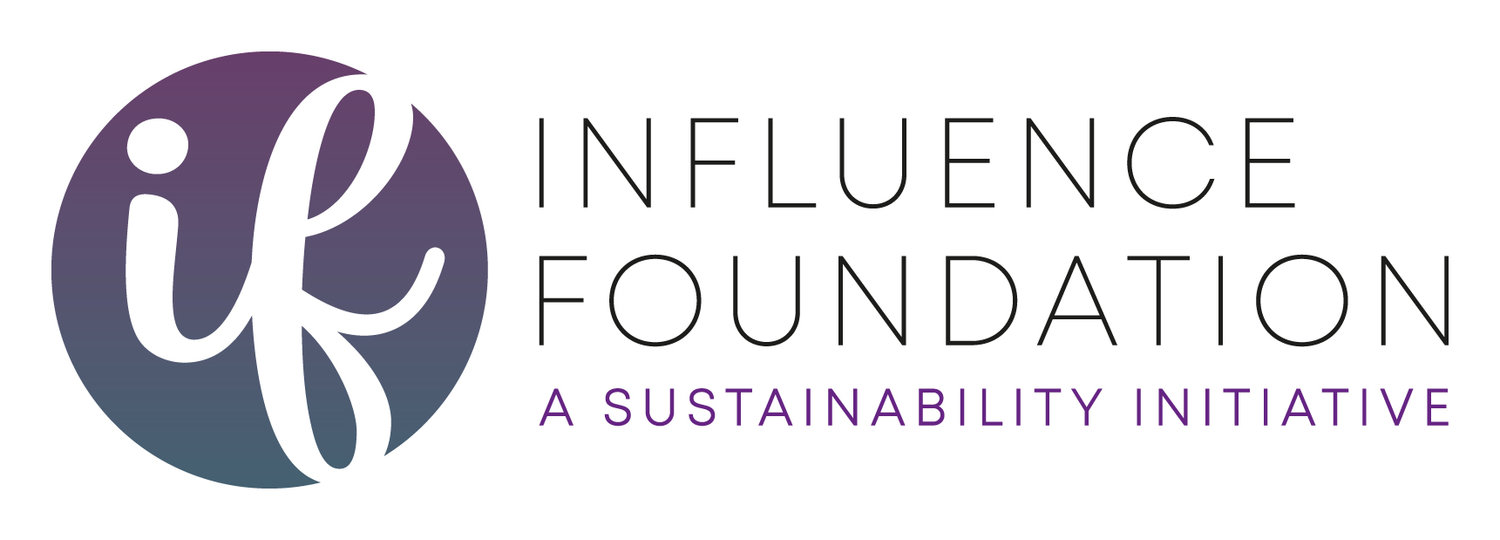Biodiversity Arc
We are in the most decisive decade for the planet.
As our planet warms, government and business leaders are taking strides to cut their emissions and reduce their carbon footprint, pledging to hit “Net Zero” by 2050. But with the focus directed solely on climate, we are missing a second, crucial foundation. Without it, our world – and humanity – cannot survive.
To guarantee a resilient future and sustain humanity, we require an abundance to the important pillars guaranteeing basic rights for all: shelter, food, water, energy, and clothing. It is vital we accomplish this now.
Biodiversity is the most important pillar of planetary health, yet few people have heard of it, and even fewer truly understand. It is the metric upon which all other natural systems and services hang, including climate change. We can no longer afford to think of saving nature as simply a moral obligation. Instead, we must recognise that this metric is the secret to a thriving, healthy, stable Earth - so the more biodiversity there is, the better life could be for the planet and the future of humanity.
By building biodiversity into our systems, we can do something remarkable: we can restore the power of nature, improve our lives and stabilise our planet.
To do this, we need to:
1) raise awareness of the importance of biodiversity;
2) create a groundswell of momentum to protect and restore it and
3) produce the consumption products needs of humanity from it in a regenerative biodiverse sustainable way.
At Influence Foundation “If” together with our collaborating finance, management, technical, education and broadcast partners as well as all the remarkable people and teams assembling in common purpose and common rhythm to carry forward these strategies under a banner “BioDiversity Arc”, we are driven by a simple engine “What If we can” …. and if we don’t we will have surely failed and we will all look back and say “There was nothing more expensive than ignorance”.
African Nation Project
There is a significant food crisis as well as refugee, migrant, and affordable housing issues in Africa, similar to those around the world. Crucially, we believe that all current solutions are insufficient to keep pace with these problems, which are worsening annually. A collaborative effort underpinned by a fundamental understanding of biodiversity and interlinking partnerships, together with a <Whole System= economic model, is essential to achieve the desired outcomes of the Sustainable Development Goals (SDGs).
We believe that Zimbabwe, historically known as <The Breadbasket of Africa,= is the ideal country not only to reclaim this title but also, through synergy with advancements in biotechnologies, to use its multi-crop agricultural plan as a resource for BioFactories. These factories will focus on construction, food, bioplastics, energy, and clothing fibre.
This document outlines the current interlinking systems and economic frameworks necessary to accomplish this mission. It aims to activate additional collaborative efforts with companies, partnerships, and government support that are willing to cooperate. We envision that a 5 and 10-year plan can be resourced and managed to enable Zimbabwe to become climate resilient, resolve the refugee and migrant issues, increase GDP, and support neighbouring countries and the world.
Charlie Stuart Gay, Influence Foundation
Patron of FLAIR — First Ladies of Africa Summit, London, June 2025 Ambassador of Open Planet (Biodiversity Broadcast Partner)

